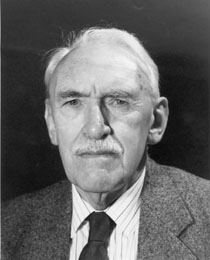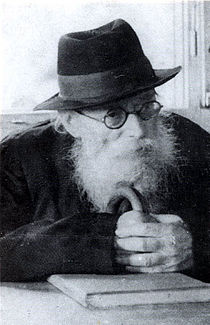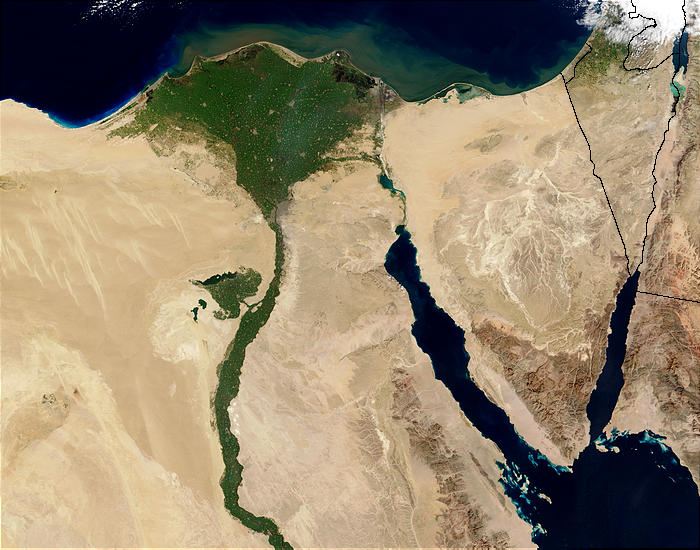
The issue of the redemption of Jewish hostages and captives from enemy hands is a very old and painful one. The Talmud records that even though the commandment to redeem captured Jews is of top priority in Jewish life, we are nevertheless forbidden to pay an exorbitant price to secure the freedom of such a captive. In that age, when hostages and captives were sold on the slave market, it was relatively simple to judge what an “exorbitant” price was. But in our times, the criterion is much more difficult.
Israel, unfortunately, has had to deal with this problem quite a number of times in the past few decades. Its main goal has always been to return the captive home in the best condition possible. But great debate always accompanies this policy, and I am grateful that such terrible decisions are not mine to make. Many have said that the prices paid were “exorbitant.” Others say that the price was worthwhile. Who can decide on such impossible Hobbesian choices?
Jewish history is replete with incidents of hostages. One of the most famous was in the 13th century when the great Rabbi Meir of Rottenburg was taken hostage by the Emperor Rudolph I and held for a ransom of 30,000 marks, the equivalent of a billion dollars in those times. His main disciple, Rabbi Asher ben Yechiel (a/k/a the Rosh) undertook to raise that sum, and the Jewish communities of the area, out of their great love and respect for Rabbi Meir, donated what they could. But Rabbi Meir himself forbade the Jews to ransom him, arguing that it would set a precedent and encourage the emperor to kidnap a different rabbi and demand more ransom money. So instead, the Rosh bribed an enormous number of lower-level officials to make sure that Rabbi Meir at least had decent living conditions and was able to receive visitors.
Emperor Rudolph did not relent on his extortionist demands, and after seven years, Rabbi Meir passed away in the prison of the castle. The emperor then demanded the very same exorbitant ransom for the release of the rabbi’s body. Jewish burial, like redeeming captives, is also a cardinal principle of Jewish law. But in accordance with the wishes of Rabbi Meir as he expressed them during his last years of life, the ransom was not paid.

The emperor held the body for thirteen years. Eventually, a wealthy Jew came to a settlement with him, and Rabbi Meir was buried in the ancient Jewish cemetery of Worms. Next to his grave lies the body of the wealthy Jew who obtained the release of his remains. These two graves have remained a place of Jewish visitation and veneration even until our day.
Similarly, during the reign of the Czars of Russia in the nineteenth century, many rabbis and Jewish public figures were arrested, almost always on trumped up charges. Great efforts were made to obtain their freedom, often by exerting political and diplomatic pressure on the Russian government from other world powers. Means of corrupting the police and government ministers were also employed, but again, there was a great hesitation to pay any “exorbitant” price to the Czar and his cohorts for the release of the arrested prisoners.
The decisions regarding these cases were basically ad hoc, depending on the exact circumstances of each case. But the problem of an “exorbitant” price always remained within the Jewish community, and apparently remains so until our day. Judaism abhors simplistic answers to complicated problems. There has never been a simple answer to the question of ransoming Jewish prisoners or hostages, and there obviously is no simple answer today. We can only pray for wisdom, patience, and balanced behavior to help us arrive at the correct decisions in such matters, if and when, God forbid, they arise.










